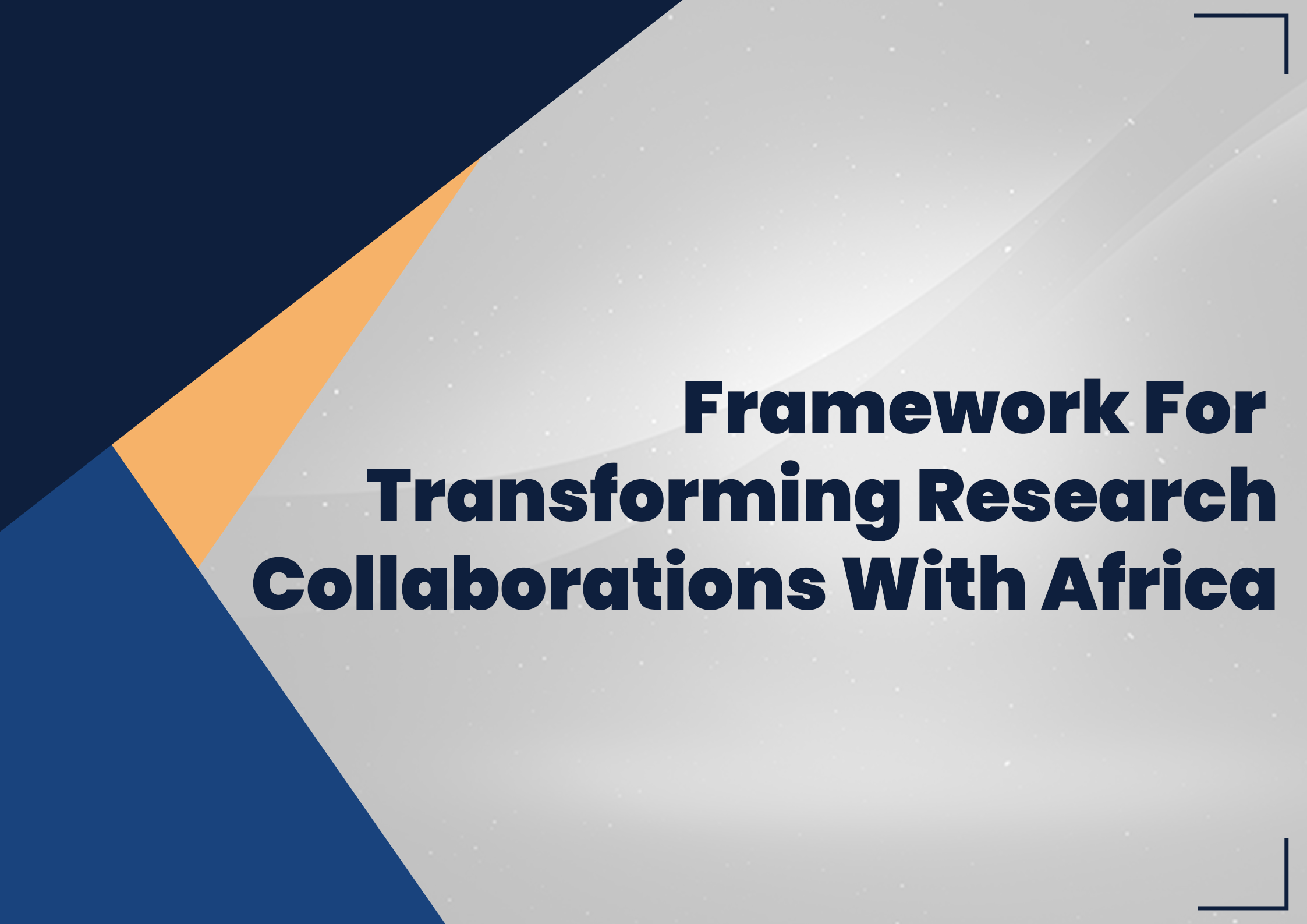AESA PROGRAMMES
- Building R&D Infrastructure
- Developing Excellence in Leadership, Training and Science in Africa (DELTAS Africa)
- Human Heredity and Health in Africa (H3Africa)
- Africa’s Scientific Priorities (ASP)
- Innovation & Entrepreneurship
- Grand Challenges Africa
- Grand Challenges Innovation Network
- Rising Research Leaders/Post-Docs
- AESA RISE Postdoctoral Fellowship Programme
- African Postdoctoral Training Initiative (APTI)
- Climate Impact Research Capacity and Leadership Enhancement (CIRCLE)
- Climate Research for Development (CR4D)
- Future Leaders – African Independent Research (FLAIR)
- Critical Gaps In Science
- Clinical Trials Community (CTC)
- Community & Public Engagement
- Mobility Schemes: Africa-India Mobility Fund
- Mobility Schemes: Science and Language Mobility Scheme Africa
- Research Management Programme in Africa (ReMPro Africa)
- Science Communication/Africa Science Desk (ASD)
- Financial Governance: Global Grant Community (GGC)
- AAS Open Research
- CARI Programmes
- Evidence Leaders Africa (ELA)

News
New Initiative Targets the Development of a Guiding Framework for Transforming Research Collaborations with Africa

216
New Initiative Targets the Development of a Guiding Framework for Transforming Research Collaborations with Africa
Date: 21 February 2023
The Association of African Universities (AAU), together with some of Africa’s major research and higher education (HE) constituencies, including , the Council for the Development of Social Science Research in Africa (CODESRIA), the African Academy of Sciences (AAS), the African Research Universities Alliance (ARUA), the Inter-University Council for Eastern Africa (IUCEA), and the Association of West African Universities (AWAU), are embarking on an initiative to co-create a framework for advancing a transformative mode of academic research collaborations between African Universities and partners from the rest of the world. The framework will serve to advance the repositioning of Africa in global knowledge production.
A first consultative meeting held on January 26, 2023, in Accra, Ghana, which was attended by the partners, and other institutions including the International Network for Higher Education in Africa (INHEA, University of Kwazulu-Natal) and the African Union Commission (AUC), designated a steering group to take forward the initiative.
Drawing on African intellectual thought, analyses of extant global scientific and equitable partnerships efforts, and dialogue with key Higher Education (HE) and research actors in Europe, North America and others across the globe, the charter will 1) articulate basic Principles on how research collaborations need to be configured to redress the multi-layered power imbalances in global-Africa knowledge dynamics; and 2) set out Goals and Guiding frameworks for institutional and HE-sector policy change to embed such a transformative collaboration mode. An initial framework and declaration will be launched on 22 June 2023 in Accra, Ghana.
This initiative recognizes that fostering transformative collaborations requires a collective effort and adequately recognises the complex nature of the power asymmetries underlying international collaborations, as well as the need for change at multiple levels: in individual mindsets and capabilities, in shared social norms and, crucially, in institutional and wider HE policies, and funding regimes above all in the ‘global North’.
Centering the concerns of Africa-based knowledge constituencies, the guiding framework, once developed, will provide a rallying point and a tool for advancing such change. The initiative is facilitated by the Perivoli Africa Research Centre (PARC) at the University of Bristol, in partnership with the University of South Africa Chief Albert Luthuli Research Chair and the University of Cape Town Institute for Humanities in Africa (HUMA).
Original article published by The Association of African Universities, linked here.